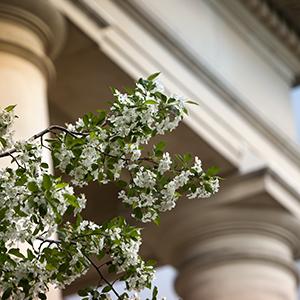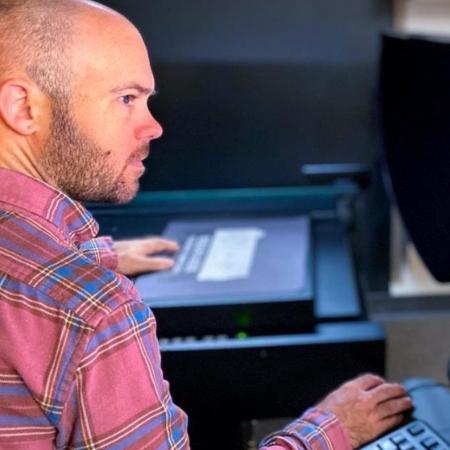Opinion: Why President Trump used lynching as a metaphor
Lawrence B. Glickman, the Stephen and Evalyn Milman Professor of American Studies in the Department of History, recently wrote an opinion piece in The Washington Post discussing the historical origins of President Trump's use of the phrase "lynching" in a recent tweet concerning the impeachment inquiry.


